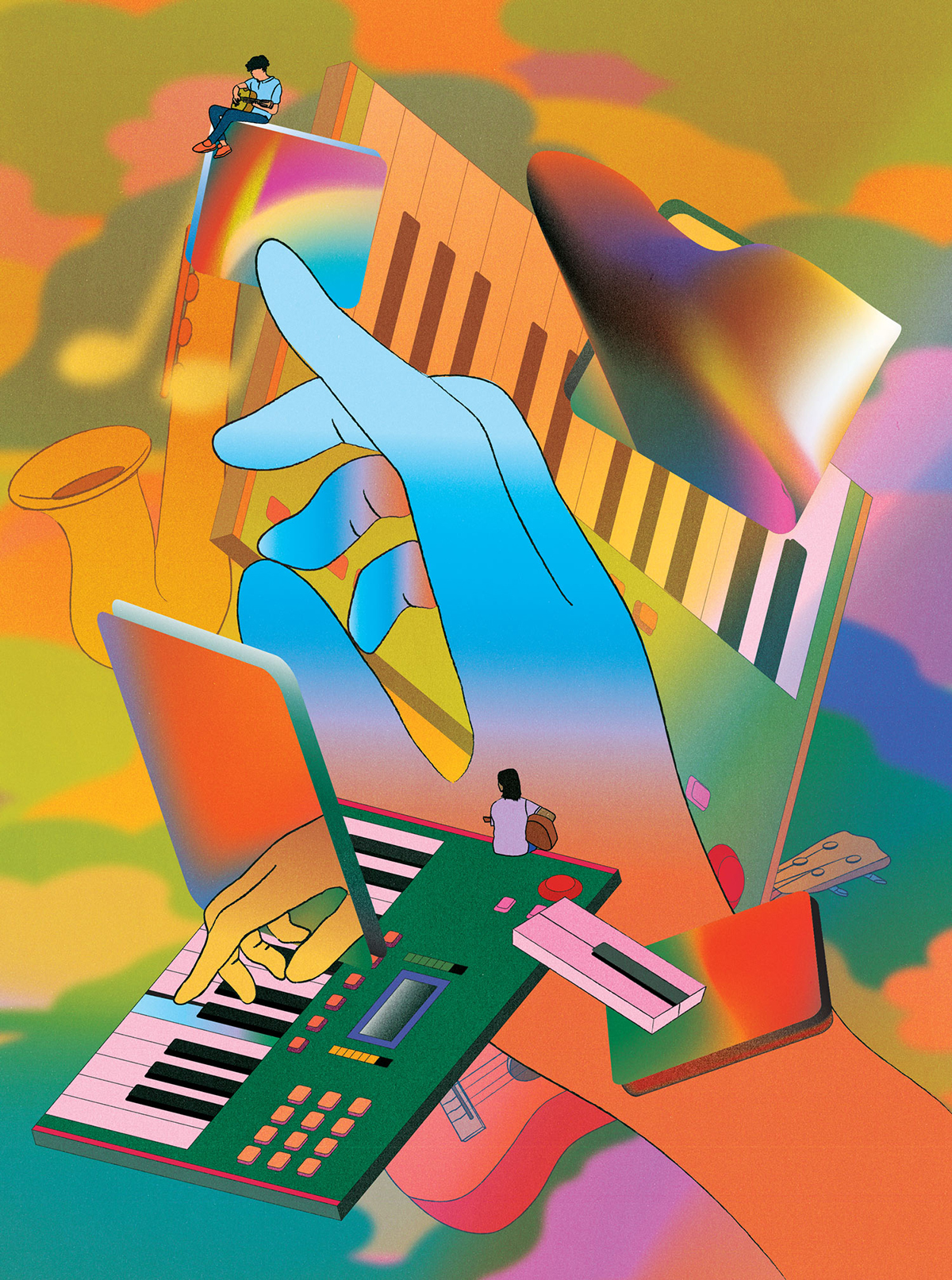Ray Hsu says he was “a slacker kid – sort of aimless.” But you’d never know it, glancing at the resumé he’s compiled since graduating from high school. Before entering doctoral studies in English at the University of Wisconsin in 2002, the emerging poet and scholar was involved in everything at U of T. His participation in music, sports, drama, writing and committee work attracted such U of T honours as the E.J. Pratt Medal and Prize in Poetry and a Gordon Cressy Student Leadership Award.
What caused the slacker to straighten out? Hsu (BA 2001 Victoria, MA 2002) credits the banners featuring prominent alumni on St. George Street, as well as Professor George Elliott Clarke’s course on modern Canadian literature – many of the writers on the syllabus are U of T grads. “I thought, well, that’s interesting – it means that the next generation of Canadian poets must be somewhere around here,” he says. “I could walk right past them and not even know it.” So Hsu began participating in literary activities, including the influential Hart House poetry workshop, the Algonquin Square Table. He says that his achievements were “born out of anxiety that I might be missing something.”
Now 26, Hsu volunteers part-time as an editor at Junction Books, a small press in Toronto, and has written a chapbook titled Gordian Chants. Numerous literary journals, including Blood & Aphorisms and The Fiddlehead, have published his poems, and Nightwood Editions will publish his first full-length book of poetry this fall. His work, which he describes as “riding the line between traditional and experimental,” has also been set to music and adapted for a short film.
Recent Posts
Tuning into Tomorrow
AI can help musicians compose and create new sounds. Is it just another music-making tool – or something else?
U of T’s 197th Birthday Quiz
Test your knowledge of all things U of T in honour of the university’s 197th anniversary on March 15!
Are Cold Plunges Good for You?
Research suggests they are, in three ways





